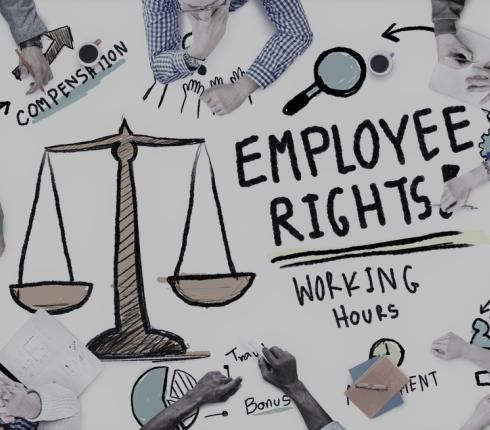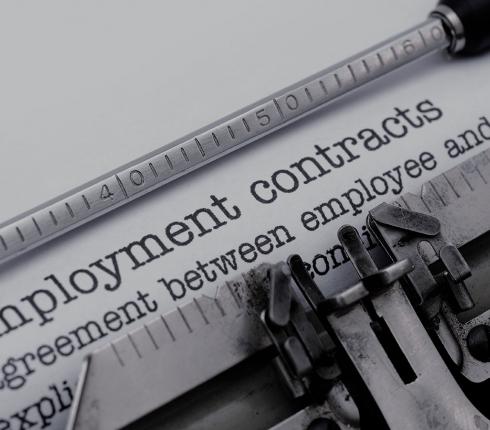EU Court of Justice rules: on-call counts as ‘working time’
The European Court of Justice has ruled that on-call shifts where employees are obliged to answer calls from the employer and reach the workplace within eight minutes may constitute working time within the meaning of the Danish Working Time Directive. The reason being that such working conditions limit the opportunities, which a worker has to “devote himself to his personal and social interests.”
The European Court of Justice has previously held that when an employee should be available to the employer, but not in the workplace, it did not constitute working time within the meaning of the Directive.
In a new case, the European Court of Justice had to decide whether it was working time when the employee was off duty but obliged to reach the place of work within eight minutes.
The facts of the case
The case was about a Belgian firefighter, who was employed as a stand-by firefighter. This employment meant that the employee had to live or stay somewhere that enabled him to reach his workplace within eight minutes.
The European Court of Justice first and foremost stated that the term ‘working time’ within the meaning of the Directive does not depend on the employee's work, whereas the determining factor for the classification of ‘working time’ is the requirement that the employee be physically present at the place determined by the employer.
As to the case, the European Court of Justice stated that the circumstances in which the employee was both obliged to answer calls from his employer and to reach the workplace within eight minutes constituted ‘working time’ within the scope of the Directive.
The European Court of Justice ruled that such geographical and temporal constraints constituted a limitation on the employee's ability to devote himself to his personal and social interests – i.e. a restriction on growing hobbies, visiting family and friends, etc.


































